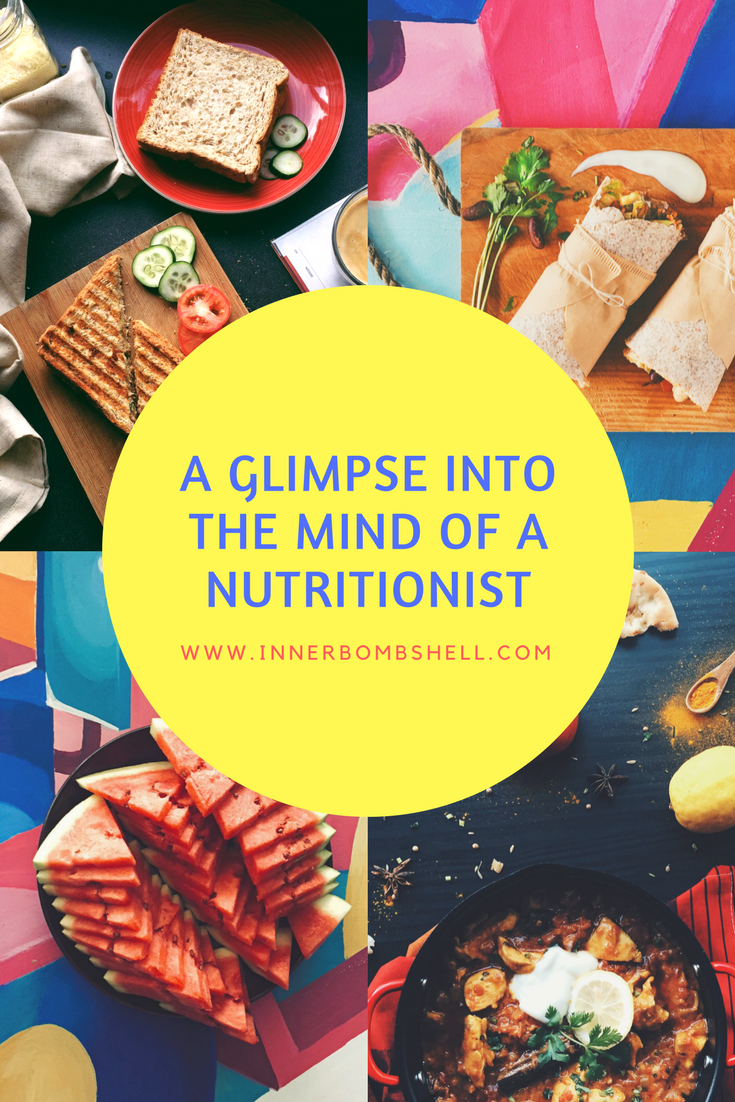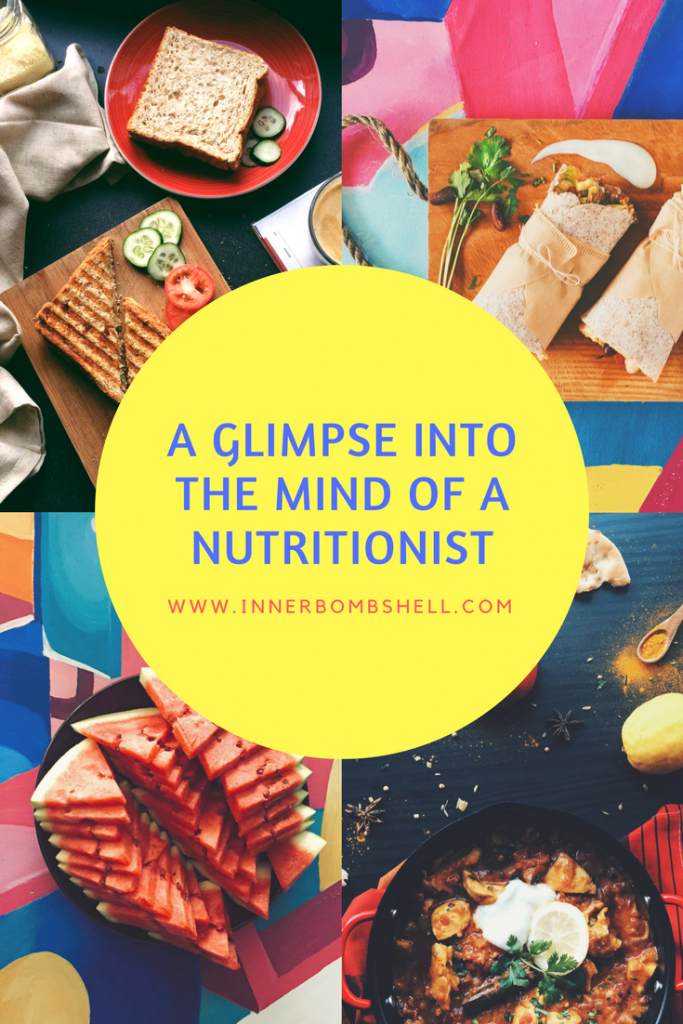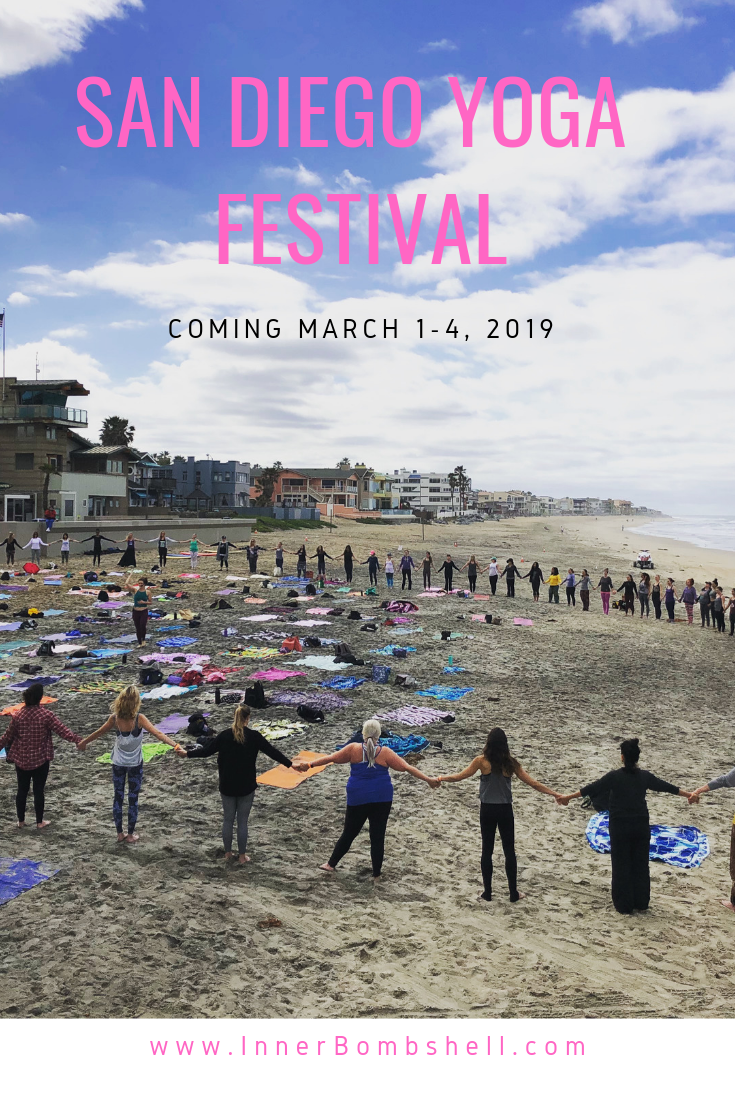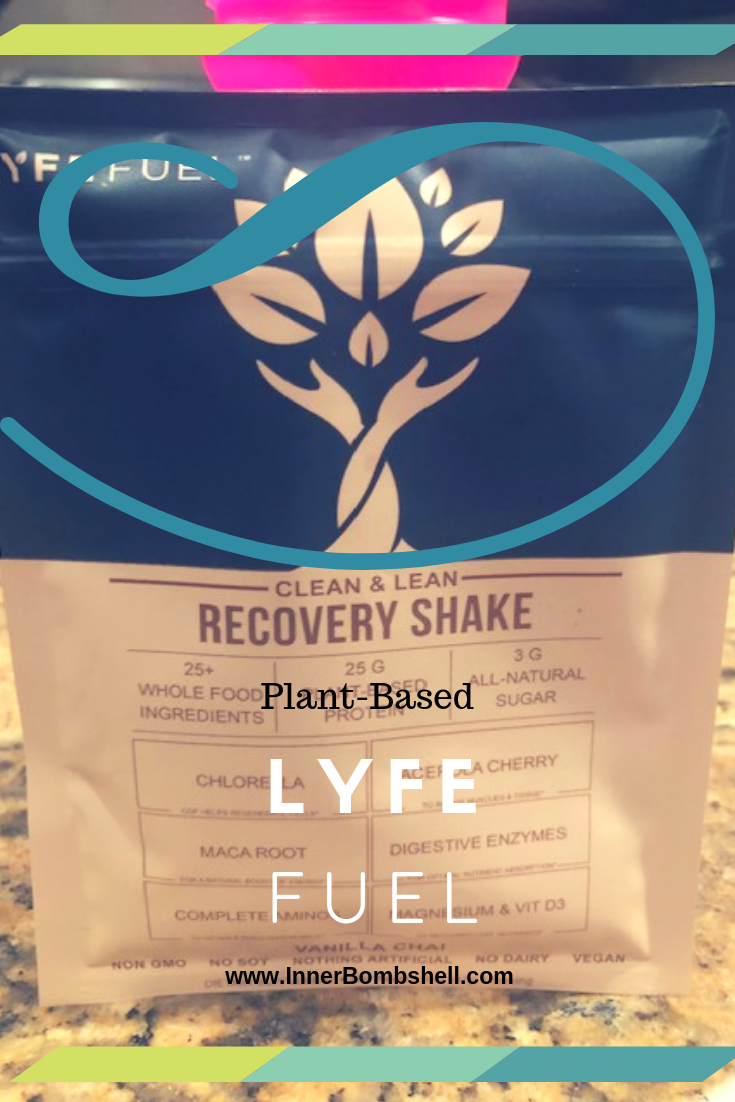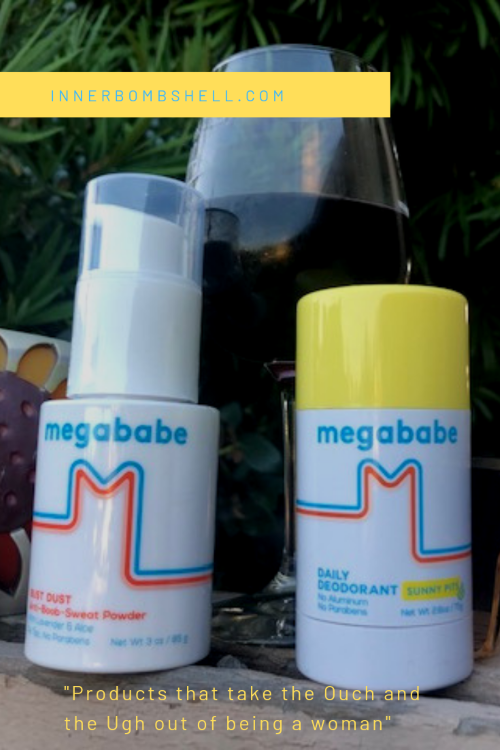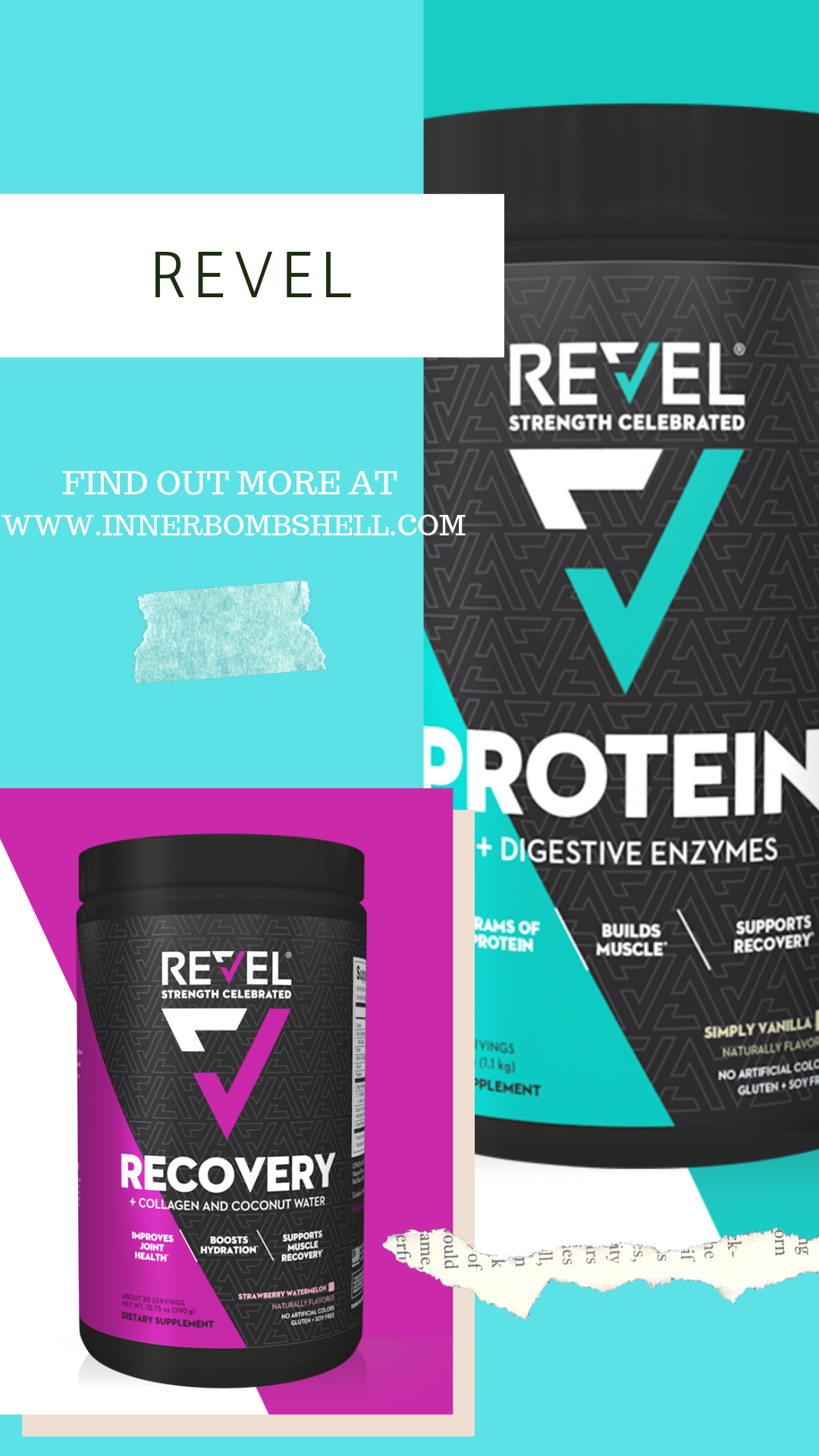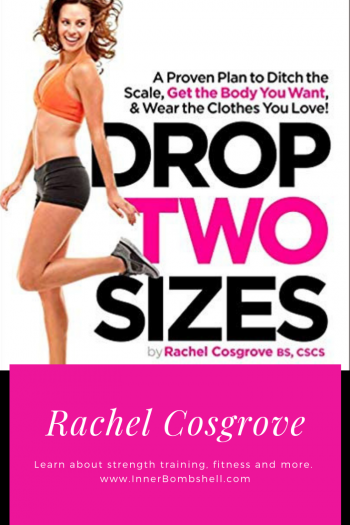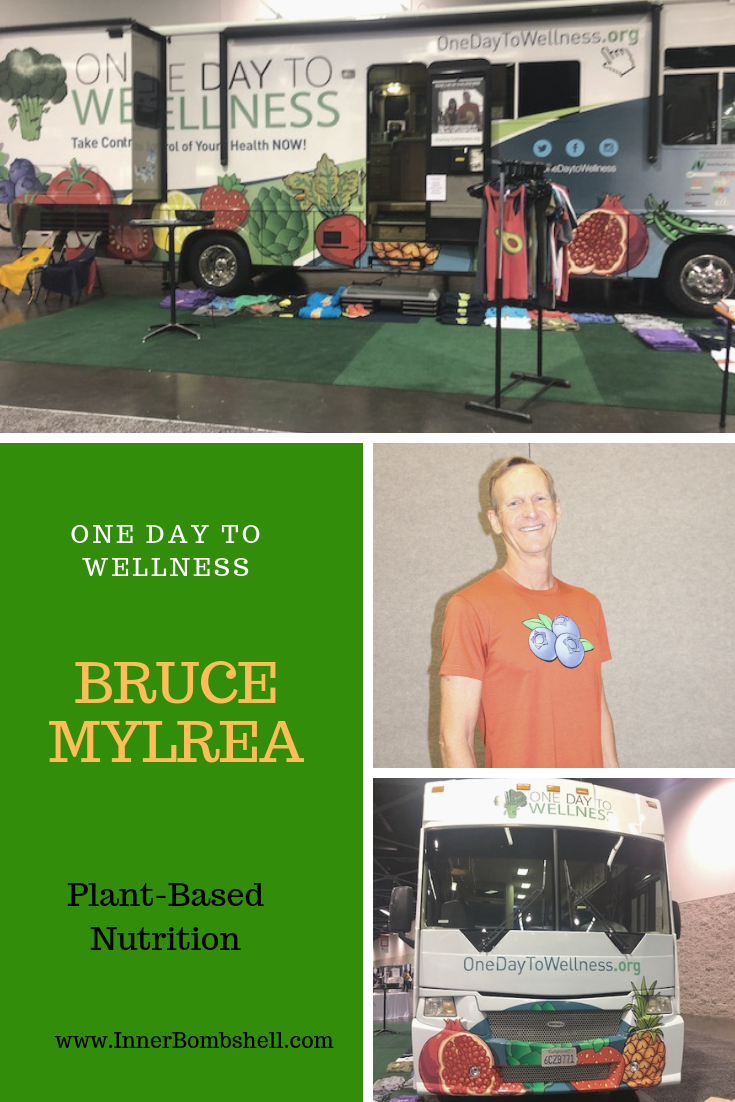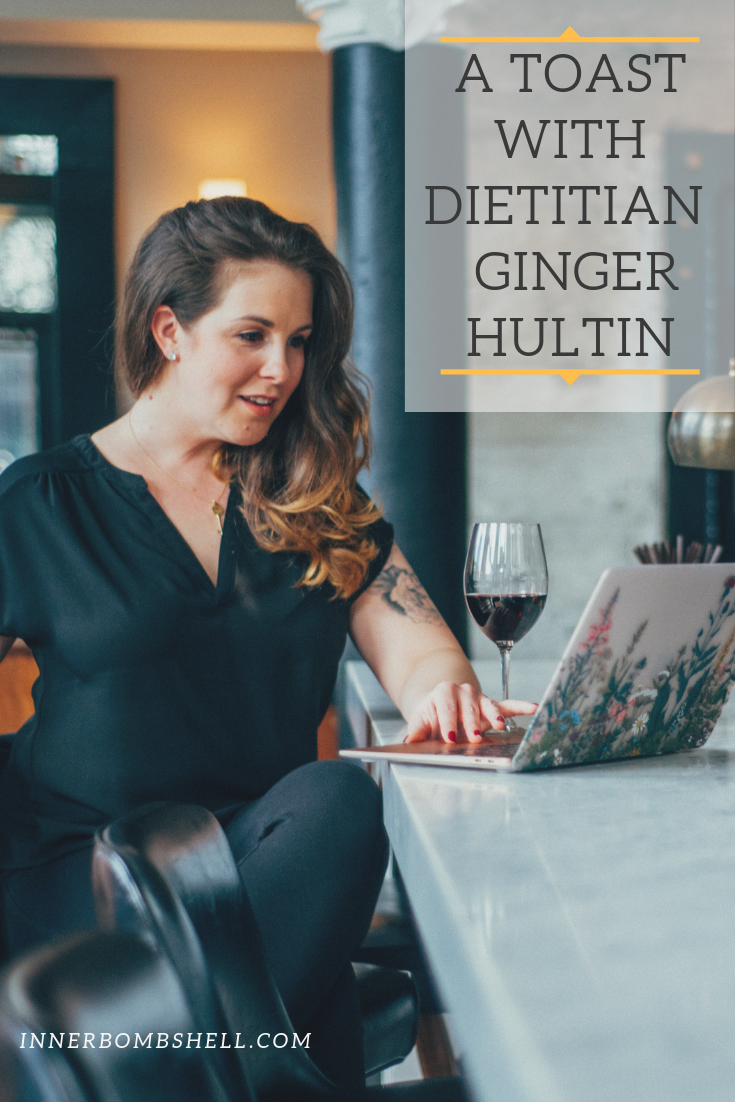Thank you so much, Krista Smith, for joining us today and answering some inquiries we received from our readers.
Thank you for inviting me to talk to you. I’m always excited to chat about nutrition!
- Can you tell us a little bit about yourself and your business?
Sure. I’m a certified Nutritional Therapy Practitioner, stay-at-home mom, fitness enthusiast and a credentialed teacher. I started
Your 180 Health to provide nutrition education to clients and help them use proper nutrition as a tool to help the body come back into balance. I am not a doctor, but I do conduct simple health evaluations and speak with clients about all facets of their lives to help them get to the root cause of their symptoms. This is an important distinction from the traditional medicine model. While nutrition plays a key role in health, it certainly doesn’t give someone the full picture to be able to guide them toward what will work for their individual needs. Lifestyle, relationships, sleep and other stress factors are important too.
- What got you interested in nutrition?
I suppose I was always somewhat interested in nutrition, but more in the realm of dieting and weight loss to try and lose a few pounds. Most of those methods were not healthy at all, by the way! In my early thirties I started experiencing eczema and I could not figure out why. I figured maybe it was a contact dermatitis issue and changed soaps and lotions with no success. Allopathic doctors ran tests that came back negative for any allergies and said I was fine, so I took it upon myself to start researching. I read so many interesting books and listened to podcasts that pointed out the benefits of ditching grains, and I began by eliminating certain foods from my diet. I was amazed that the recurring eczema I had lived with for years went away completely and NEVER returned. This spawned a passion for nutrition as medicine and I feel a strong desire to take what I’ve learned and help others. I’ve been loving every minute of it!
- What are your goals as a nutritionist?
As a nutritionist, my ultimate goal is to help anyone wanting to improve their health by utilizing the power of holistic nutrition and supportive therapies. I’m especially passionate about helping people with issues related to blood sugar because of the devastating effects of not having it under control (think diabetes, hypoglycemia, chronic inflammation, weight issues, fatigue, to name a few).
For this reason, I’m currently running a small-group class called RESTART® that is designed to provide nutrition education in a supportive environment so people can get off the dieting wagon and learn to enjoy eating the way our great-grandparents did. It even includes a sugar detox! I’d love to see people taking advantage of this class and take charge of their lives!
I’m also passionate about stress management and finding new techniques to offer as options for my clients.
- What are the major obstacles you are facing with clients?
The major obstacles are almost always related to compliance. People want better health and when they find out what they need to do to achieve it, they are unwilling to put in the work. Convincing them that it’s worth it, they’ll feel better and live a happier life overall, is part of what I do.
- If there was one advice you wish everyone could follow, what would it be and why?
Oh wow, great question. I would say to “listen to your body”. It will tell you what it needs and what it doesn’t. It’s then up to you to try and figure out what you need to do about it, rather than waving away the issue. When you feel like crap after eating something, there’s a reason. If you’re experiencing frequent headaches, there’s a cause, and so on. So often people dismiss symptoms, making excuses for why they feel the way they do; aging is a common one. You don’t have to live like that into old age!
- What can a potential client expect when hiring you as a nutritionist?
Potential clients can expect to get a ton of support and personalized attention as we tackle their health goals. I will ask for them to identify their health goals, provide information on their health history, perform a kinesthetic evaluation if appropriate, and discuss their current diet, lifestyle, stress, sleep habits. We will then work together to develop a nutritional protocol that fits their individual needs. From there, we will communicate about changes the client is experiencing and modify the protocol as necessary.
- What is the feasible number of months that a client can achieve impressive changes in their health/weight goals?
Every client is different and is at their own place in their wellness journey. I wish there was some magic number, but I will say that the more compliant a client is with a protocol, the better results he/she can achieve. Communication is key from both client and practitioner to know what aspect of a protocol is truly working and what may need to be revised. I’ve seen impressive changes in just a couple of weeks with people, and for others, it has taken much longer. It all depends on their symptoms and how long they have felt this way. We strive for progress, not perfection.
- Is it better to eat small meals throughout the day or three large meals and a few snacks?
Honestly, this really depends on the individual. Those who are “sugar burners” rely on a steady supply of glucose throughout the day to avoid being hypoglycemic and definitely need to snack in between meals. This way of eating also applies to people with thyroid and adrenal issues to avoid added stress as their bodies heal.
Those with a “fat burning” metabolism can easily eat just one or two meals per day and be just fine, as they don’t get that ‘hangry’ feeling if they don’t eat for a few hours. This is my preferred way of eating.
- What is your opinion on low-fat, low-carb and fat-free?
I am a HUGE proponent of low carb because limiting carbs-and by carbs I’m mostly talking about refined sugar, grains and processed foods-because it has such a profound impact on lowering blood sugar. What is considered “low carb” for one person may be slightly different for another, but I feel most people benefit from at least eliminating sugar and refined grains.
Low-fat and fat-free items are another story. Often times, food that touts these claims are highly processed or contain preservatives and unhealthy ingredients. One of the biggest lies we’ve been told is to consume low-fat and fat-free items to protect our heart health. This couldn’t be further from the truth!! We NEED fat to create healthy bile and digest dietary fats, to protect our heart, for optimal brain function (our brains are made mostly of fat), to experience satiety post-meal. These should not be stripped of their fat content because it is the fat that helps our bodies digest these proteins. In terms of dairy, raw is best for the digestive system as the enzymes naturally occurring in these products are needed.
- If someone is interested in your services, how can they reach you?
They can reach me via my website, Your180Health.com, where they can book from my “services” page, email me at info@your180health.com,
I’m also on a few social media sites under Your180Health
Pinterest at https://www.pinterest.com/your180health,
Instagram at https://www.instagram.com/your180health/
Facebook at facebook.com/your180health
Thank you again for taking the time to answer our questions.

